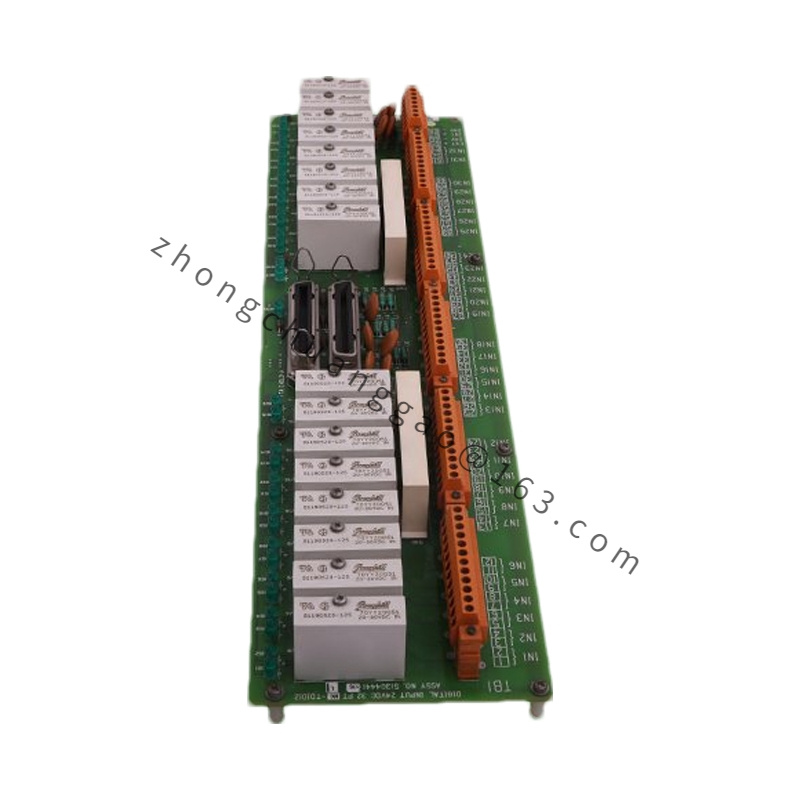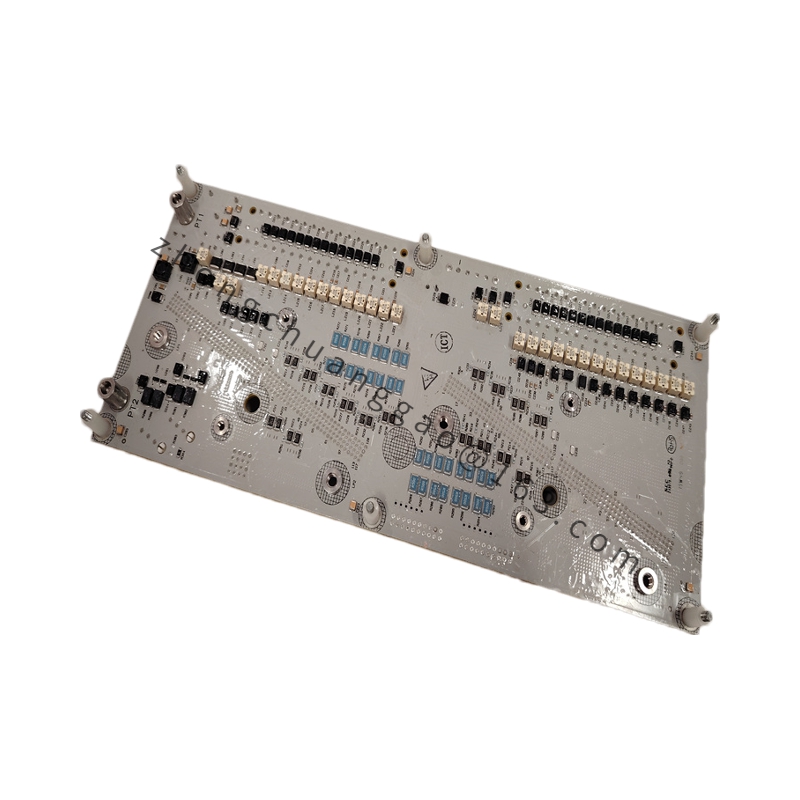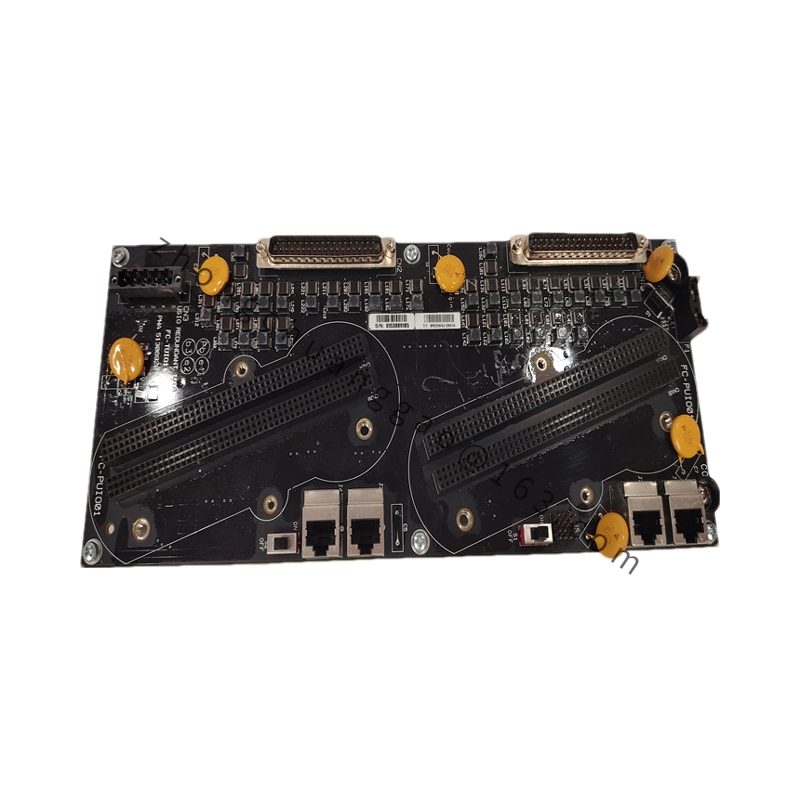Detailed content
Technical Specifications:
- Type: Control Module / Input Module
- Model Number: MC-TAIH02
- Function: Provides analog input capabilities for monitoring and controlling various parameters within automation systems.
- Input Channels: Typically includes multiple analog input channels (exact number and type should be confirmed in the datasheet).
- Input Range: Supports a range of input signals such as 0-10V, 4-20mA, or others depending on configuration.
- Communication Protocols: Often integrates with Honeywell’s control systems and supports standard communication protocols (verify specific protocols in the datasheet).
- Power Supply: Usually operates on 24V DC; confirm the exact power requirements in the datasheet.
- Temperature Range: Designed for industrial environments, typically operating between -10°C and 60°C.
- Mounting: Designed for DIN rail or panel mounting, depending on installation requirements.
Features:
- Analog Input Capability: Offers precise measurement and monitoring of various analog signals, crucial for accurate process control.
- High Accuracy: Ensures high accuracy in signal processing and data acquisition, essential for reliable operation.
- Modular Integration: Part of a modular control system, allowing easy integration and expansion as needed.
- User-Friendly Interface: Includes configuration tools and diagnostics to simplify setup and maintenance.
- Built-In Diagnostics: Equipped with diagnostic features to assist with troubleshooting and ensuring system reliability.
Applications:
- Industrial Automation: Used for monitoring and controlling industrial processes by measuring various analog signals from field devices.
- Manufacturing: Applied in manufacturing environments to acquire and process analog data for production control and optimization.
- Building Automation: Integrates into building management systems to monitor and control parameters like temperature, humidity, and other environmental factors.
- Energy Management: Utilized in energy management systems to measure and control energy-related parameters for efficiency and monitoring.




.jpg)
.jpg)
.jpg)




